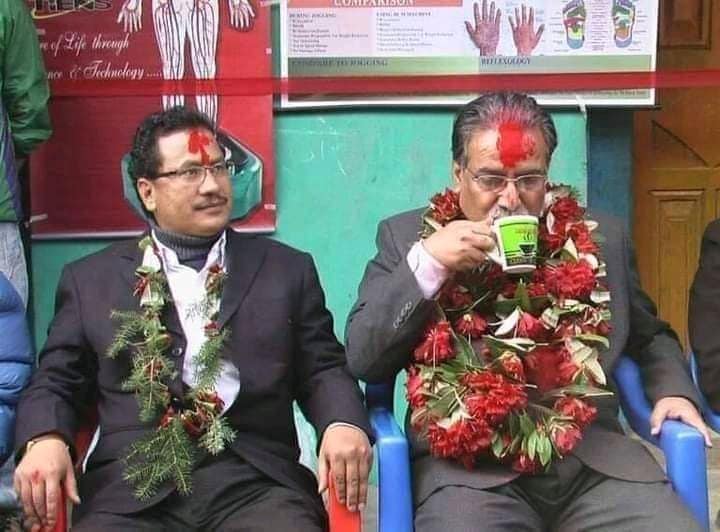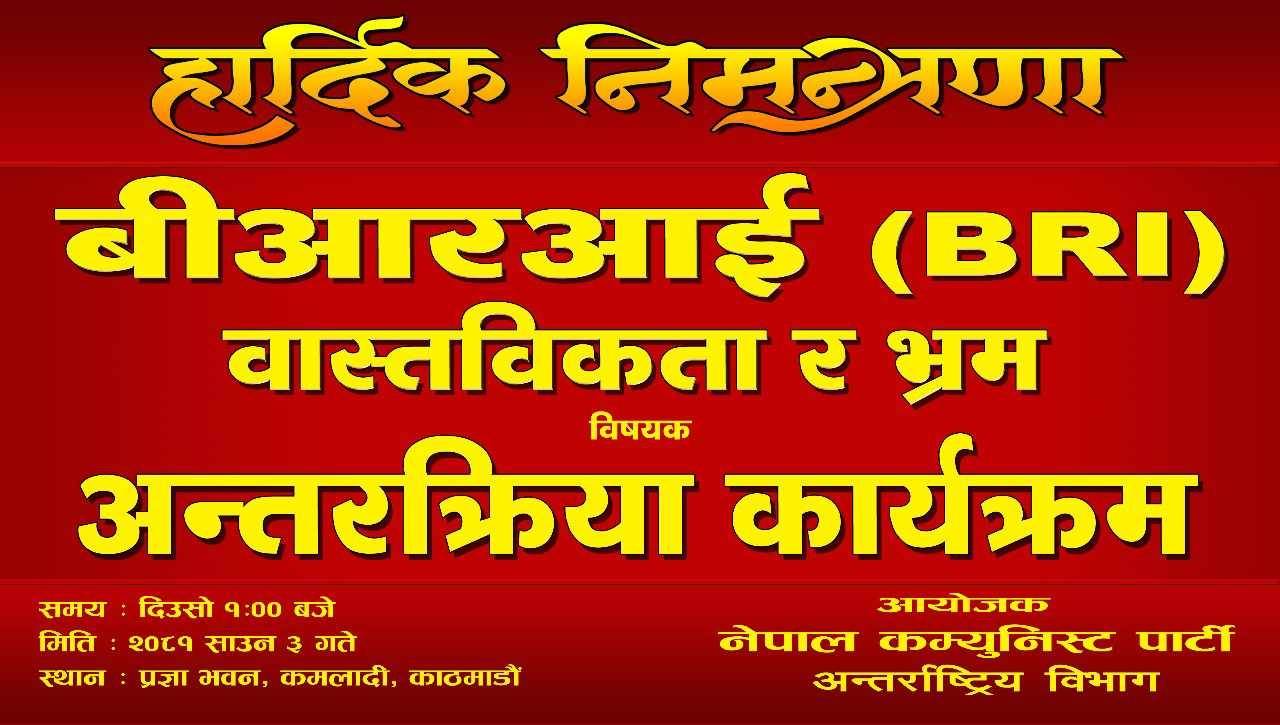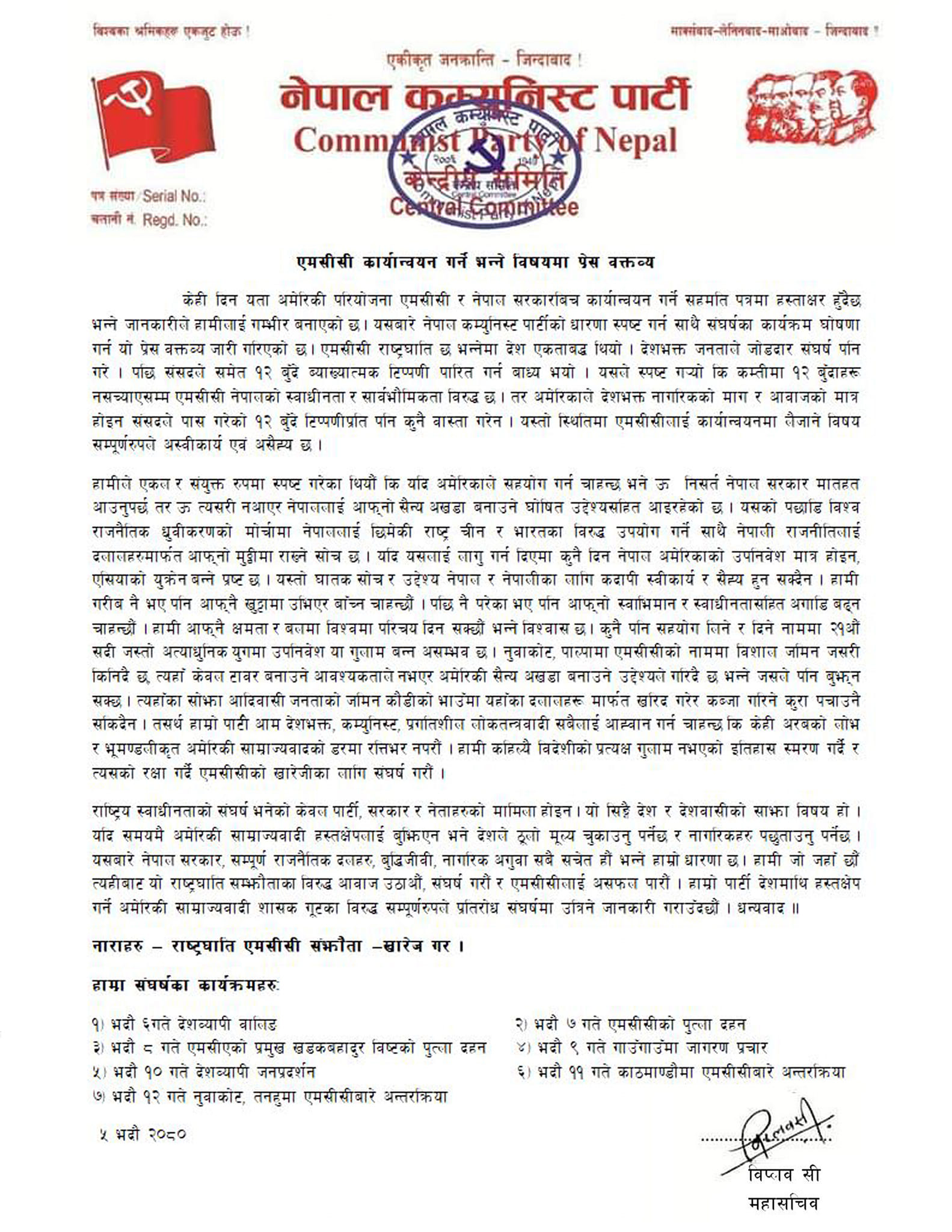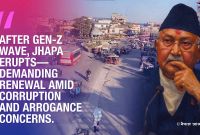Navigating Nepal’s BRI Dilemma: Economic Opportunity or Debt Trap?

Kathmandu – The Belt and Road Initiative (BRI) project in Nepal, initially met with great enthusiasm, is now a subject of growing concern and debate within Nepali society. Signed in 2017 between Nepal and China, the BRI agreement was expected to bring significant benefits to Nepal. However, fears of potential debt traps and loss of trust in the democratic community have sparked dissatisfaction and controversy.
Support from Socialist Front and BRI
Currently, three major communist parties in Nepal – the Nepal Communist Party (Maoist Centre) led by Prachanda, the Nepal Communist Party (Unified Socialist) led by Madhav Kumar Nepal, and the Netra Bikram Chand ‘Biplav’ led NCP – are aligned in the Socialist Front. All these parties have expressed support for the BRI. Biplav emphasized the importance of implementing BRI in Nepal, noting its adoption in over 150 countries. He issued a press release opposing MCC while advocating for BRI.
At an interaction program titled "BRI: Myths and Realities" organized by the Foreign Department of Biplav-led NCP in the capital on Thursday, communist leaders, diplomats, and professors underscored the need for Nepal to benefit from BRI.

Maoist General Secretary Dev Gurung reiterated that the Maoist party has consistently supported BRI since Prachanda signed the agreement in 2017. He dismissed concerns about debt, clarifying that BRI projects include provisions for both loans and grants.

BRI Myths and Realities: Perspectives of Participants
Stakeholders have expressed concern over the lack of implementation of the BRI agreement, which has been endorsed by major political parties. They emphasized the need to utilize BRI for the country's development. Speaking at the event, communist leaders, diplomats, and professors pointed out that all South Asian countries, except India and Bhutan, have signed the BRI agreement and urged for its execution in Nepal.
Netra Bikram Chand Biplav (NCP General Secretary):
"The BRI, implemented in more than 150 countries and involving even Europe, should be brought into practice in Nepal. It is a profound initiative affecting our country and linked with global political, economic, and technological contexts. Robust discussions on its positive and critical aspects are necessary. As Nepal faces international political polarization pressures, BRI should be implemented considering the national interest."
Dev Gurung (Maoist General Secretary):
"The Maoist party has been supportive of BRI projects since the beginning. The agreement was signed when Prachanda was the Prime Minister in 2017, and we continue to support it. The narrative about debt is a propaganda, creating misconceptions. During project selection, the ratio of loans and grants is considered, and currently, there is no loan provision. Hence, raising concerns about debt is unjustified."
Dr. Rajan Bhattarai (UML Standing Committee Member):
"The transitional world order has impacted Nepal as well. Foreign policy is an extension of domestic policy. With the BRI agreement already in place, retracting is not an option. The world is polarized, and Nepal, like other South Asian countries, is affected. Cooperation with all, including India and China, is necessary."
**Lilamani Poudel (Former Ambassador to China):**
"China has advanced BRI based on the principles of Panchsheel and the United Nations, aiming for mutual benefits and sustainable development. Connectivity is a primary focus, and the narrative that only China provides grants while other countries give loans is incorrect."
**Prof. Dr. Khagendra Prasai (Nepal Open University):**
"BRI is an opportunity for Nepal. The misconceptions about BRI need to be dispelled."
**Hiranya Lal Shrestha (Former Ambassador):**
"BRI cannot be annulled. The Socialist Front must create pressure for its implementation."
#### Opposition Alliance and BRI
The future of BRI became uncertain after a new coalition of the Nepali Congress and UML displaced the Prachanda-led government, which supported BRI. The opposition alliance’s leaders and parties have been seen lobbying for BRI while opposing MCC, actions perceived as imbalanced and immature. Some believe that the previous government fell due to BRI-related issues.
#### Potential Debt Trap and International Relations
Economists and analysts have warned that implementing BRI projects could trap Nepal in significant debt. Large loans under BRI could further weaken Nepal’s economic situation, especially if the gap between expectations and reality widens, leading to unsuccessful projects. Additionally, accepting BRI might cause Nepal to lose trust within the democratic community.
#### Analysis and Conclusion
There are arguments both for and against BRI. Leaders and activists from the Socialist Front firmly support BRI, while economists and analysts warn of potential economic risks. Nepal must carefully consider these risks, including possible debt traps and the impact on international trust, when making decisions regarding BRI.
The initial optimism surrounding BRI in Nepal has now turned into dissatisfaction. Implementing this initiative could challenge Nepal’s financial stability and international relations. Thus, a cautious approach is required to navigate the complexities associated with BRI.




![From Kathmandu to the World: How Excel Students Are Winning Big [Admission Open]](https://nepalaaja.com/img/70194/medium/excel-college-info-eng-nep-2342.jpg)
